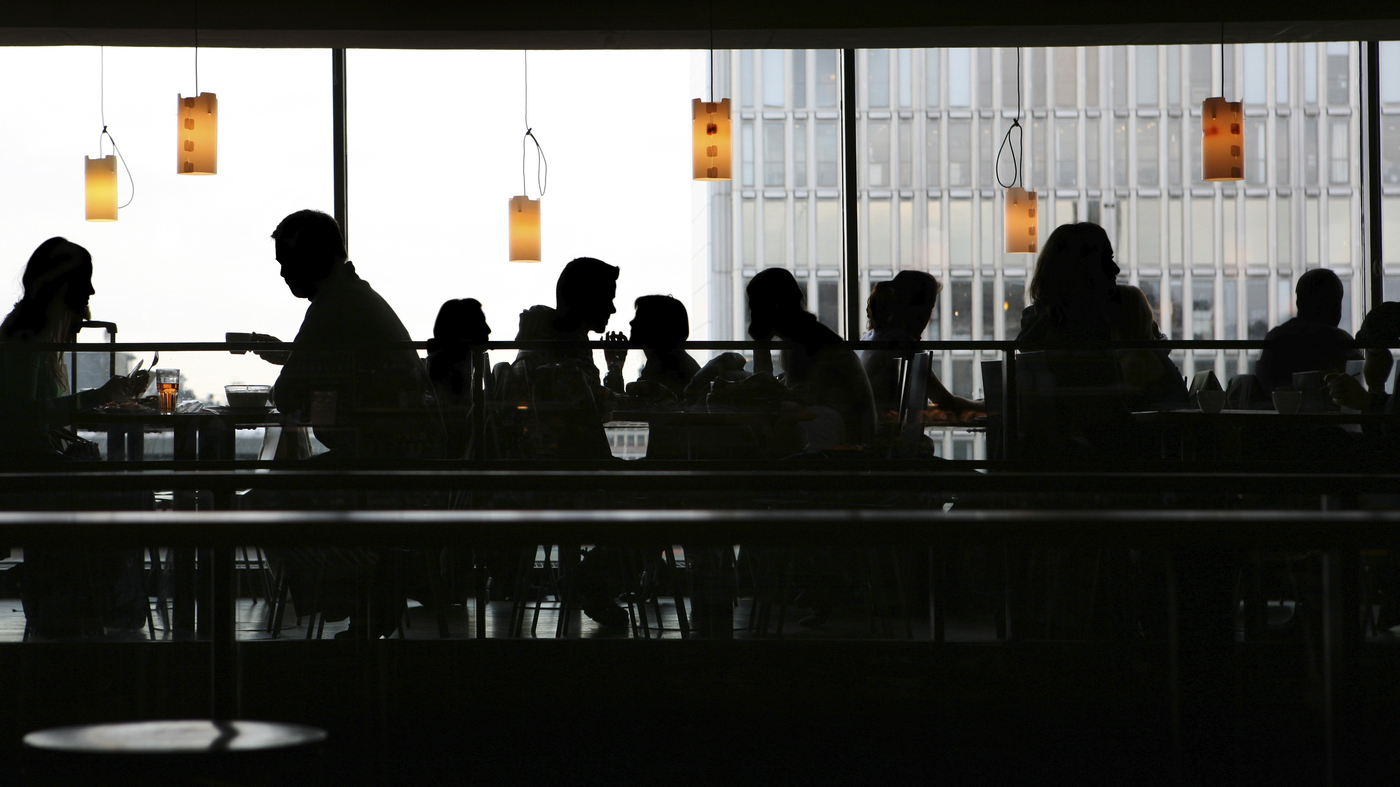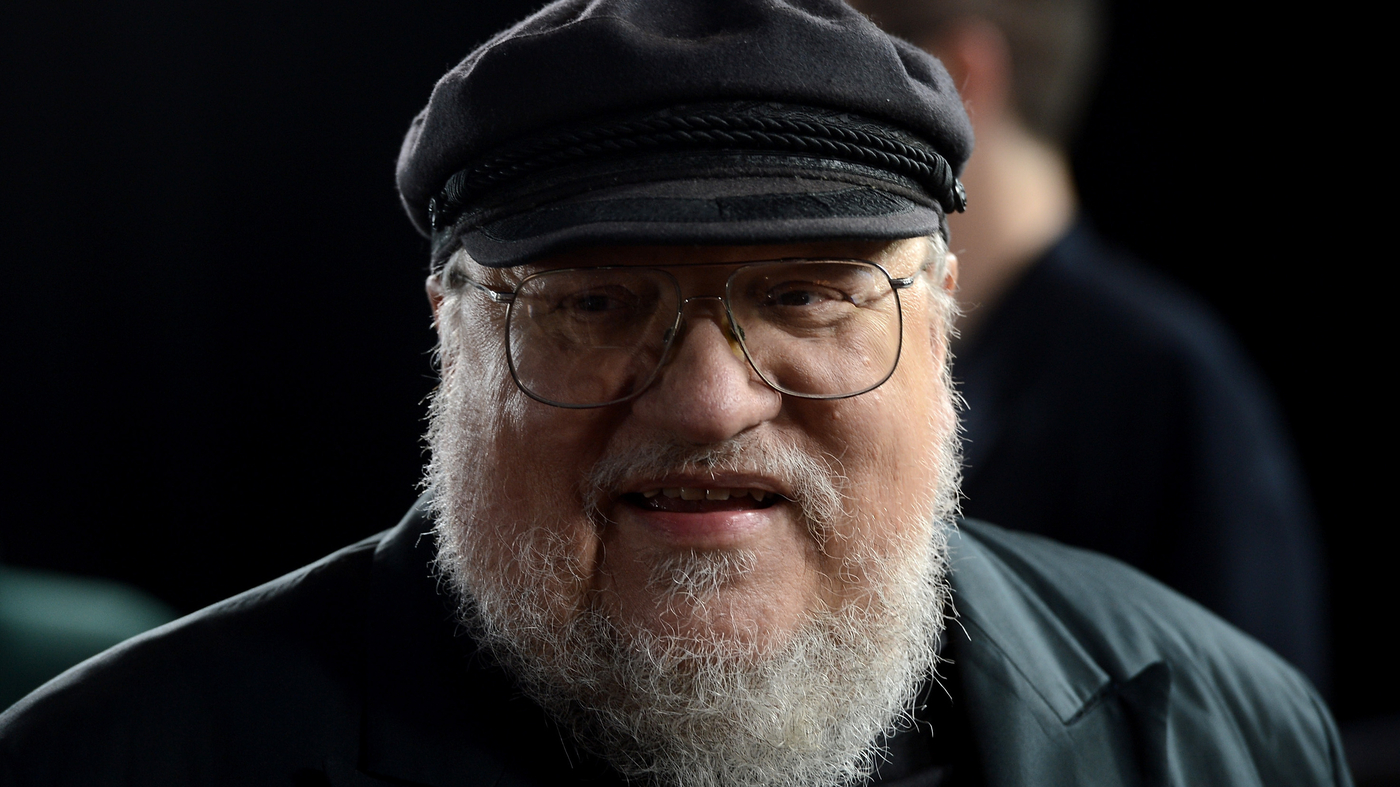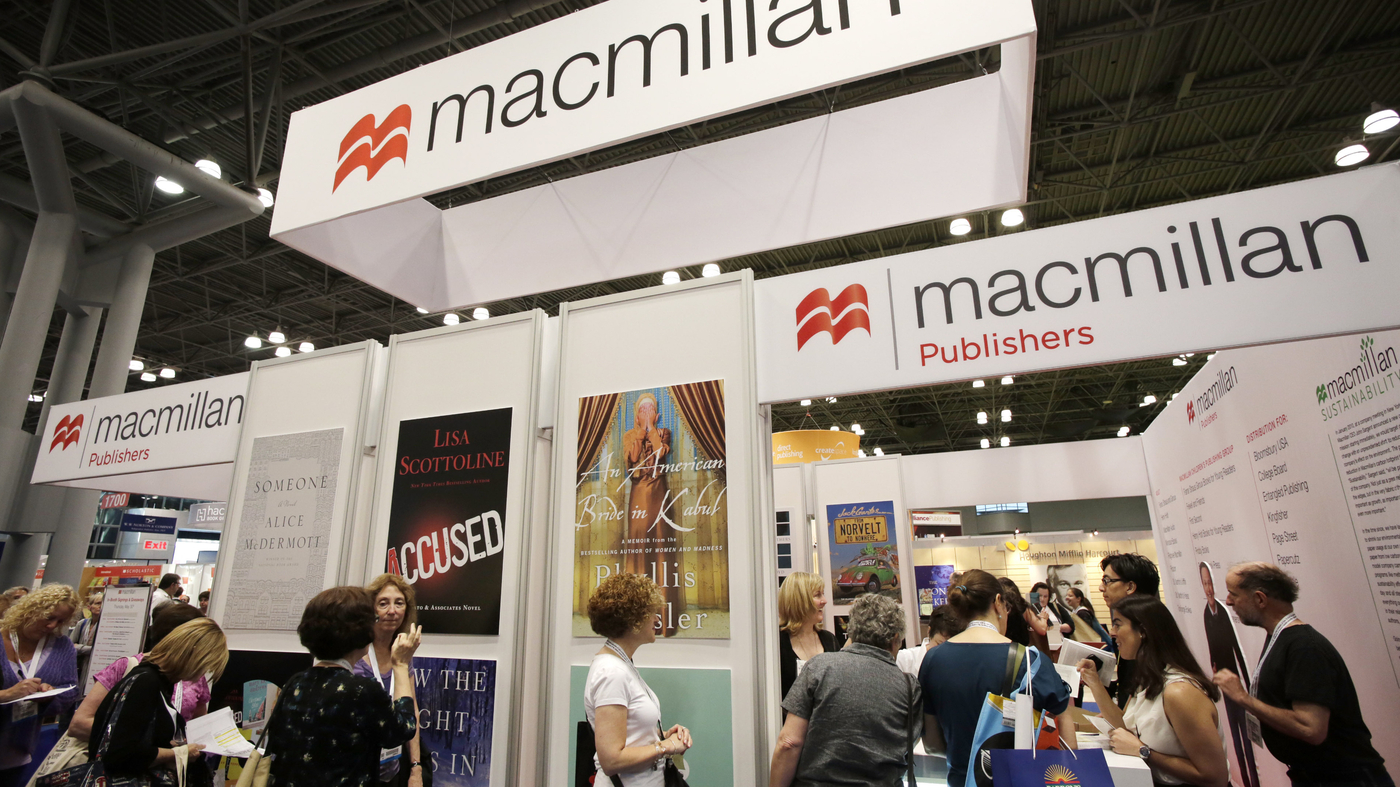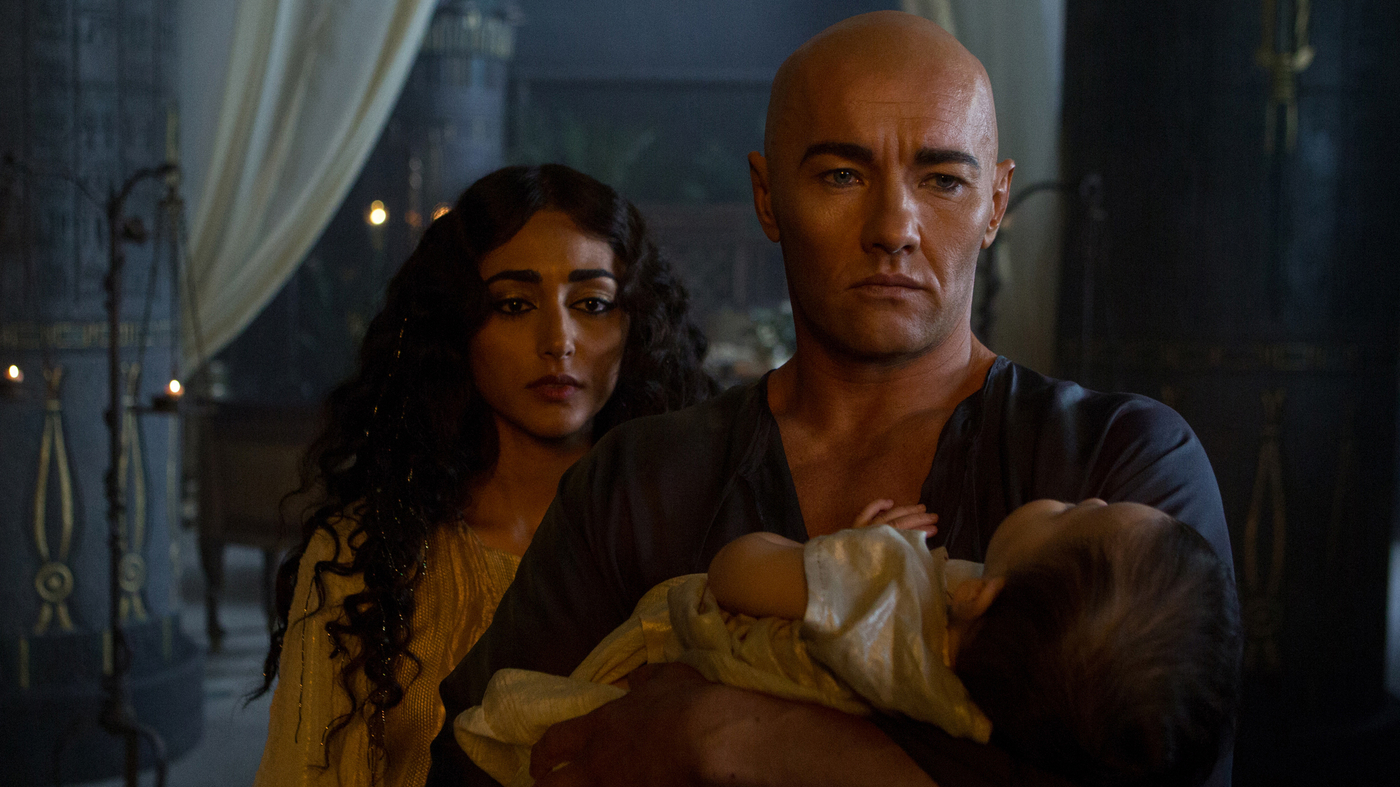[ad_1]

Get your sci-fi with a side of cappuccino.
e_rasmus/iStockphoto
hide caption
toggle caption
e_rasmus/iStockphoto

Get your sci-fi with a side of cappuccino.
e_rasmus/iStockphoto
The daily lowdown on books, publishing and the occasional author behaving badly.
For a public library to expect to survive today, it must begin to take crucial cues from coffee shops. At least, that’s the key recommendation offered by a much-anticipated report on British public libraries, which is set to be released Thursday.
The Independent Library Report for England argues that, with help from the U.K. central government, public libraries must expand digital services, such as e-lending and free Wi-Fi, if they are to continue to be viable. Commissioned in February by the U.K. government and headed by publisher William Sieghart, the report also calls for the creation of a task force to come up with a unified strategy for implementing the changes.
According to the report, those changes must include standard Wi-Fi: “The wi-fi connection should be delivered in a comfortable, retail-standard environment, with the usual amenities of coffee, sofas and toilets.”
In comments to the British paper, The Independent, Sieghart expressed the situation of libraries more bluntly: “So they’re slated for closure while everyone’s in the Costa opposite, where there’s a loo, hot drinks and internet access.”
With more than 300 library closures in the U.K. since 2011, according to the Independent, Sieghart says the changes can’t come soon enough. “We’re at a critical moment for the libraries and if we’re not careful we could lose so many. I and a lot of people think it would be an absolute disaster.”
An E-Reader’s Evolution: On the occasion of the Kindle’s seventh anniversary, The Verge plunges deeply into the e-reader’s history — and the hopes its creators have in mind for the future.
“Between the web and social media, I read more than I ever have — and yet I read fewer books than ever,” writes reporter Casey Newton. “Reading over all my notes about the future of reading, I see I have reported it out of hope that books will evolve to repair what other technologies have started to break: my ability to concentrate over hundreds of pages.”
The Ivory Tower In The ‘Wild West’: In Harvard Magazine, Craig Lambert lays out the tumultuous landscape of academic publishing, where tiny revenues spell high stakes. Caught between the implicit obligation to spread knowledge and the financial necessity of selling copies, these publishers face a paradox: “the conflict between the scholarly ideal of universal, open sharing of information, and the economic model of business: to make money by selling things,” as Lambert puts it.
As muddled as the situation may be, Robert Darnton, a scholar and former publisher, tells Lambert that this problem is a call to action: “Commercial interests have taken over the communication of knowledge, and we academics have to fight back.”
Booking ‘The Fly’: The Hollywood Reporter notes that David Cronenberg’s grotesque foray into horror, The Fly, will be getting a sequel — only it will be in panels, not on the big screen. In a new comic book series called The Fly: Outbreak, writer Brandon Seifert and artist Menton J. Matthews III will track the tale of the “almost-human” son of the film’s misshapen protagonist.
[ad_2]
Source link



